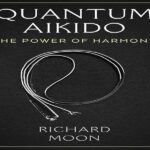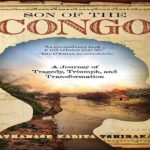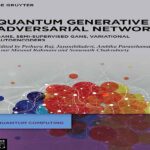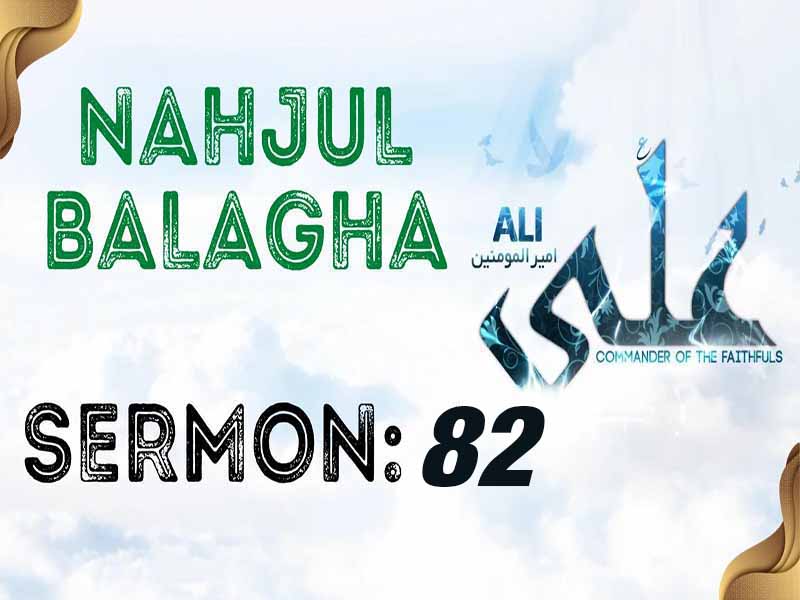برخی از شارحان گفتند: این خطبه در شهر كوفه در شناساندن دنیا ایراد شد.
چگونه خانۀ دنیا را توصیف كنم كه ابتدای آن سختی و مشقّت، و پایان آن نابودی است؟ در حلال دنیا حساب، و در حرام آن عذاب است. كسی كه ثروتمند گردد فریب می خورد، و آن كس كه نیازمند باشد اندوهناك است، و تلاش كنندۀ دنیا به آن نرسد، و به رها كنندۀ آن، روی آورد. كسی كه با چشم بصیرت به آن بنگرد او را آگاهی بخشد، و آن كس كه چشم به دنیا دوزد كوردلش میكند.
می گویم: (اگر صاحب اندیشه ای درست در كلام امام (ع) كه فرمود: «مَن اَب بِها بَ صَّرَتهُ » اندیشه كند در آن معنای شگرف، و بینشی ژرف می نگرد، كه هرگز به پایان آن نتوان رسید، و ژرفای كلامِ امام (ع) را نخواهد دید. به خصوص اگر جملۀ «وَ مَن اَب اِلَیها اَعمَتهُ »را هماهنگ با جملۀ قبل، به خوبی ارزیابی كند، خواهد دید كه تفاوت این دو كلام تا كجاست. تفاوتی روشن و شگفتی آور و آشكار!. درود و سلام خدا بر امیرالمؤمنین (ع) باد).
About the world and its people
In what way shall I describe this world whose beginning is grief and whose end is destruction? (1) The lawful actions performed here have to be accounted for, while for the forbidden ones there is punishment. Whoever is rich here faces mischief and whoever is poor gets grief. One who hankers after it does not get it. If one keeps away from it then it advances towards him. If one sees through it, it would bestow him sight, but if one has his eye on it then it would blind him. as-Sayyid ar-Radi says: If a thinker thinks over this phrase of Amir al-mu’minin “waman absara biha bassarat’hu” (“If one sees through it, it would bestow him sight”) he would find thereunder very amazing meaning and far-reaching sense whose purpose cannot be appreciated and whose aim cannot be understood particularly when he joins it with Amir almu’minin’s phrase “waman absara ilayha a`mat’hu” (“If one, has his eye on it, them it would blind him) he would find the difference between “absara biha” and “absara laha”, clear, bright, wonderful and shining.
فایل صوتی فارسی مربوط به این خطبه را از لینک ذیل دانلود نمایید:
Download: Nahjul-Balagah-Sermon-082



































نظرات کاربران